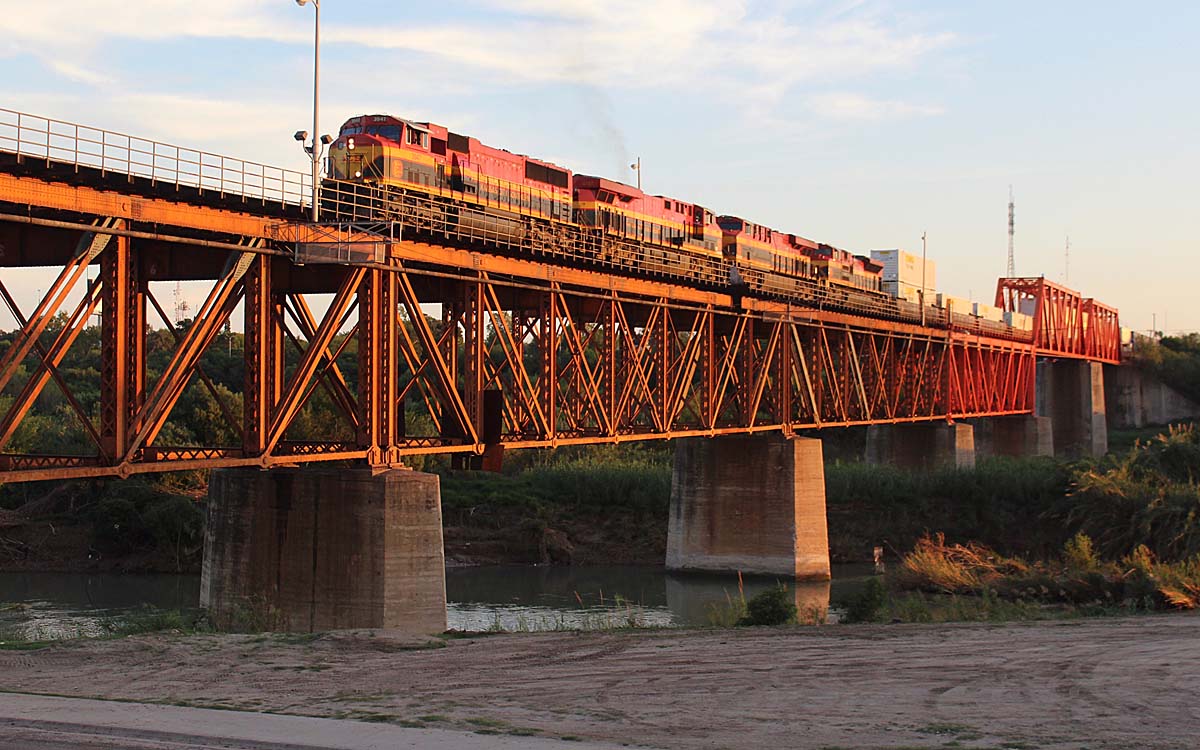
U.S. Rep. Katie Porter, D-Calif., has urged the Surface Transportation Board to reject the proposed Canadian Pacific-Kansas City Southern merger, arguing that the first Class I combination in two decades would stifle competition.
“The proposed merger represents a grave threat to competition in the domestic rail industry, which is already highly consolidated,” Porter wrote in a five-page letter posted on the STB website on Tuesday. “It would likely lead to job losses, harm to other industries reliant on railroads, and more fragility in American supply chain infrastructure.”
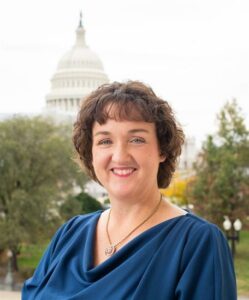
Preserving what rail competition remains after decades of consolidation is important to the U.S. economy, Porter wrote. And that’s particularly the case at the Laredo gateway, she says. KCS and Union Pacific interchange with KCS de Mexico at Laredo, the busiest rail border crossing in North America.
“Lack of competition has allowed railroads to gut capacity, capture and extort businesses, fire thousands of workers, and threaten the integrity of America’s freight transport network and supply chains – all while extracting monopoly profits,” she wrote.
The merger should be rejected, she wrote, because it is not consistent with the public interest.
CP and KCS contend that their merger would increase rail competition, especially by adding a third railroad in the Texas-Chicago corridor. They project that the lion’s share of Canadian Pacific Kansas City’s traffic growth would come from traffic currently handled by other railroads, particularly UP and BNSF Railway.
The railways also say that the traffic growth would lead to the creation of jobs on the combined system. And they’ve noted that the merger enjoys the support from many of the rail labor unions representing CP and KCS employees.
The SMART Transportation Division ranks No. 45 on a list of top 100 contributors to Porter’s campaign in 2021 and 2022, according to OpenSecrets.org. But the union’s $7,500 contribution constitutes just 0.2% of the $3.3 million her campaign has brought in in the current election cycle.






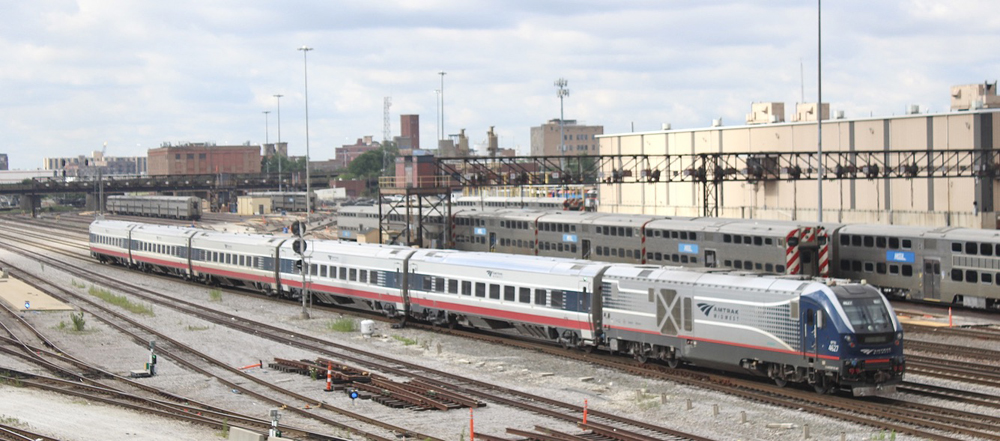
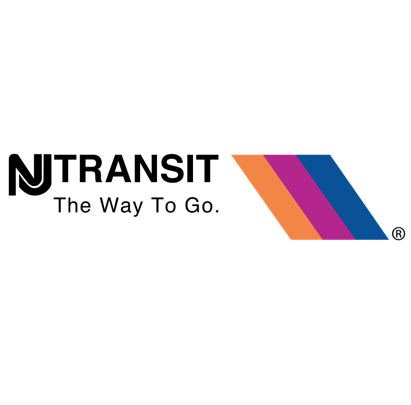
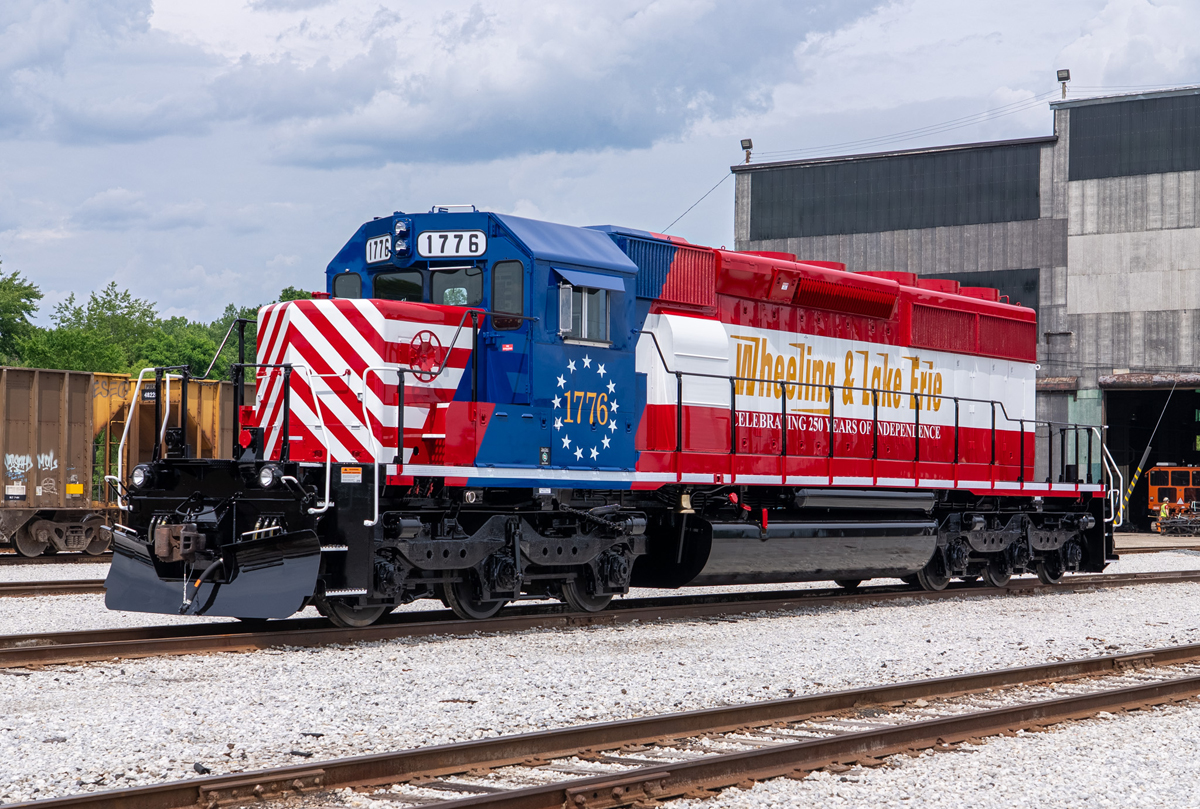
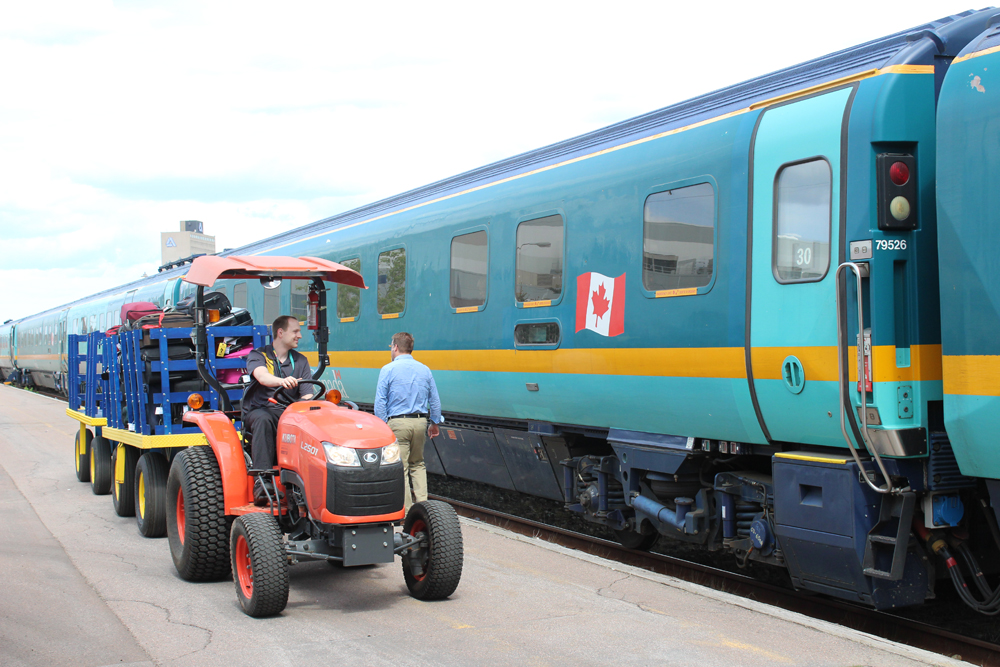




Best government money can buy. Or, at least rent.
The Laredo Gateway does have competition. Witness that both CN and Genesee Wyoming have signed large rail by boat contracts to bring up railcars to Mobile directly from Mexico cutting 5-10 days off a Laredo passthrough.
If BNSF is funding this effort, tell them to open their pocketbook and build their own gateway if they don’t like what is happening. *THAT* is how real competition responds.
The fact they are bellyaching more about Laredo than the Houston Terminal problem speaks volumes on their intent.
Just so y’all are up to date, Representative Porter topped the field in the early returns from last night, gathering 51% of the total votes cast. She will face Scott Baugh in November, who far outspent three other Republicans and cruised into second place with 30.8% of the total votes. As of the last report Porter has $18 million in campaign cash on hand, compared to just over $1 million for Baugh. Baugh is a lawyer, served in the state Assembly in the 1990’s, then was the Orange County Republican Party Chair in the 2000’s and 2010’s – as the party lost one race after another as the county’s demographics and politics changed. I would expect corporate America to bankroll Baugh to the hilt in hopes of seeing off Porter.
Did any of the Class 1’s contribute to the Hon’s campaign?
I disagree with Rep. Porter on this one, though I find her well informed on other topics.
But to challenge for a moment, if the merger gains most of its traffic at the expense of BNSF/UP, and that leads to more jobs, does it not stand to reason it leads to fewer jobs at BNSF/UP and therefore is just zero-sum?
Not necessarily. It would depend on how much traffic was taken from those railroads and whether that amount of loss would justify job reductions. And that is assuming that UP/BNSF could not make up the difference by adding different traffic. Further, since CP/KCS cuts across the eastern ends of UP/BNSF, all that might change would be interchange partners — or maybe they are already interchanging with CP/KCS and the interchange point might change.
Hi…I’m from California….I’m totally concerned about what is going on in the railroad industry, especially one that gets as close to me as Texas….really?
I was gonna say, Steve, it’s nice to see the gentle lady from California looking out for the citizens in districts 1000 miles away!
The good Congresswoman needs to look inward at her own state before looking outward to other states.
One only needs to look at the California ports to see the “…fragility in American supply chain infrastructure.” How many ships were anchored at sea because of the SNAFUs in California.
Redistricting or not, she is blowing smoke up the wrong tree.
Not mentioned here, but perhaps useful for the Trains News Wire readership: Rep. Porter, despite her high national profile, is facing a battle to hang onto her House seat. California’s independent commission redrew the boundaries of her district substantially. Today is primary day in the state and we have a “top two” election process so the two candidates with the highest vote totals in the primary will go head-to-head in November – party affiliation does not matter. It will be interesting to see who she draws as an opponent (and thus, what kind of a campaign budget she’ll need and how much she will need to lean on labor support, among other kinds of donors).
Porter was one of the Democrats elected in Orange County four years ago. On election night there were 4 to 6 Republican incumbents ahead of their Democrat opponents. Over the next week people brought in sacks full of ballots, and they all lost their seats. Automatic registration when people get a driver’s license, ballot harvesting and mail-in ballots sent to everyone automatically have their advantages, including for rail competition.
Robert Ray, guessing your still saying the last President didn’t lose either.
No question Trump lost (he would have to overturn results in three states). Universal mail ballots and ballot harvesting (as in California and the Democrats’ dream for the U.S.) are an invitation to fraud.
Oh no it’s a conspiracy! Hahahaha.
The ballot registration and collection issue in Orange County had nothing to do with Trump losing. Many efforts to audit and review the ballots in Orange County never happened. Many people were quoted in the press as saying they voted when they got ballots in the mail. The problem was when they were asked how many they sent in, a few people said 3 or 4 times.
But no one could verify how many ballots were duplicates and disqualified because of the multi-mailing at the Board of Elections.
This is why this story persists. If they would just say “yes, we had a lot of dupes and they were disqualified” then the issue would go to bed. When they say “all votes were by registered voters”, conspiracy theories get hatched.
I personally believe and trusin our election systems in this country. There have always been people who will try to cheat the system. But the percentage is so small they don’t make a difference. But some folks just love a good conspiracy.
CPKS is right – the proposed merger will increase competition, not decrese it. This merger is something we thought we’d never see — a true end-to-end merger. In this ase, literally end-to-end.